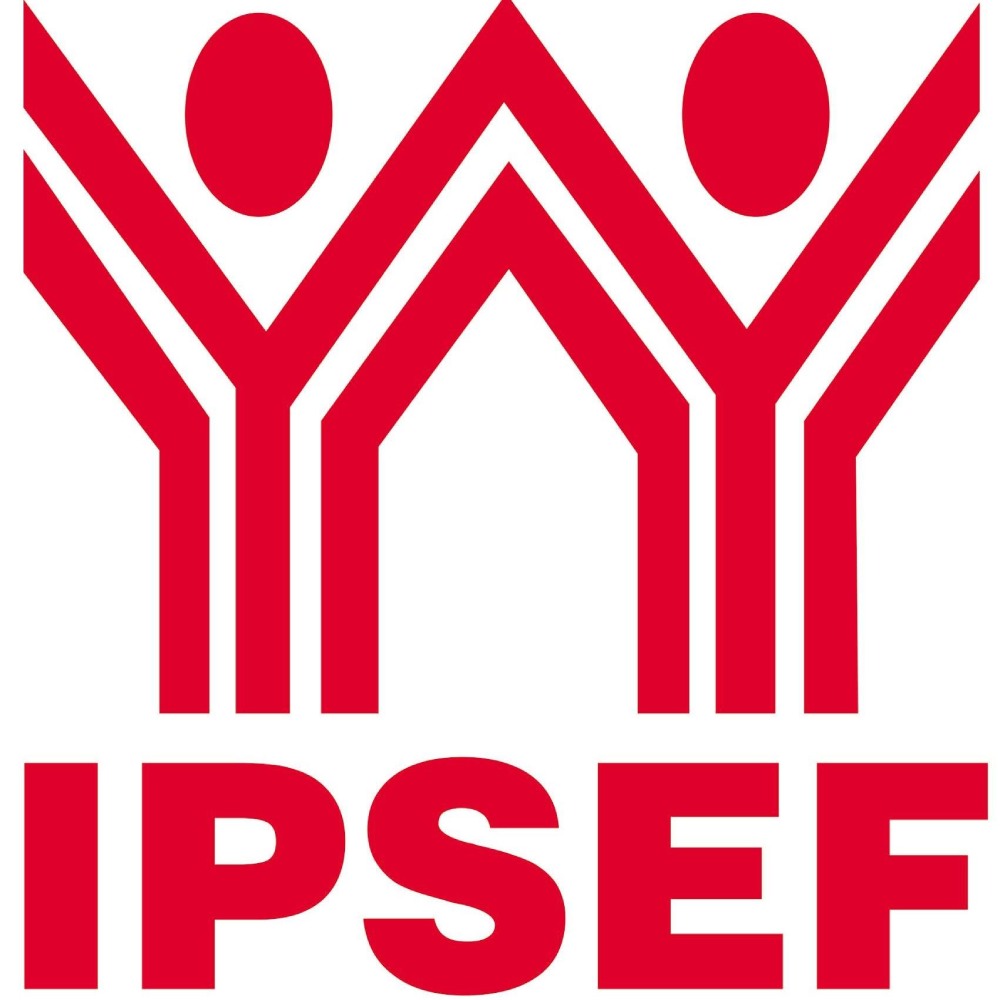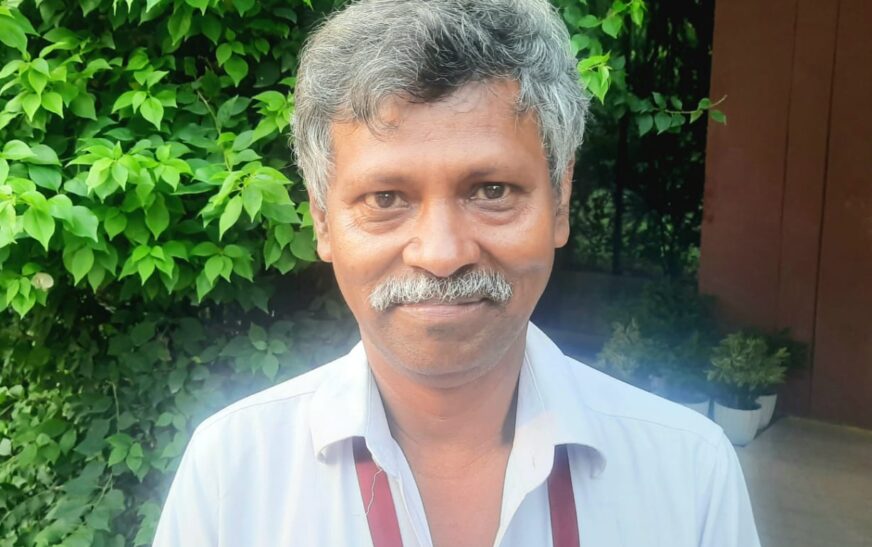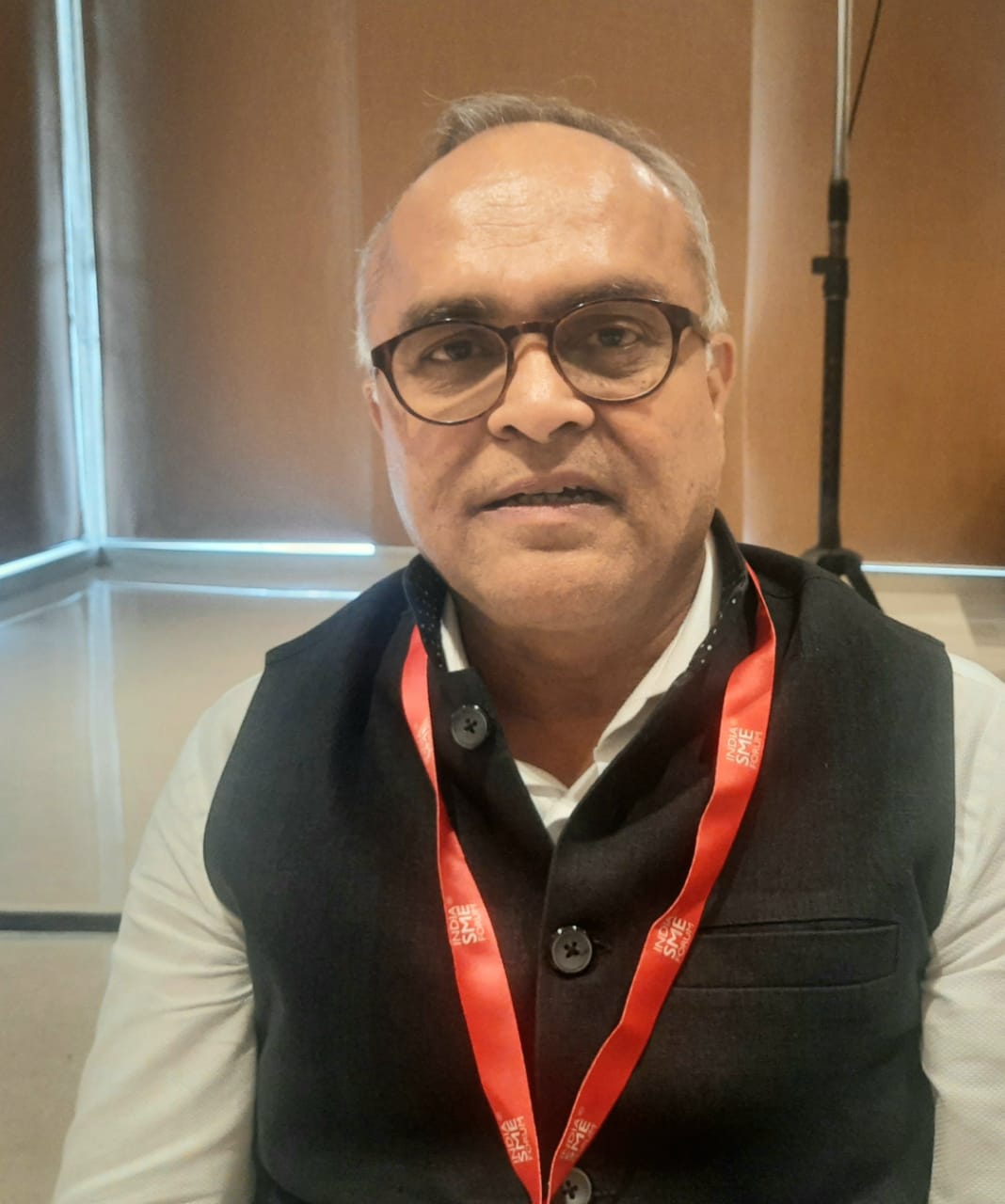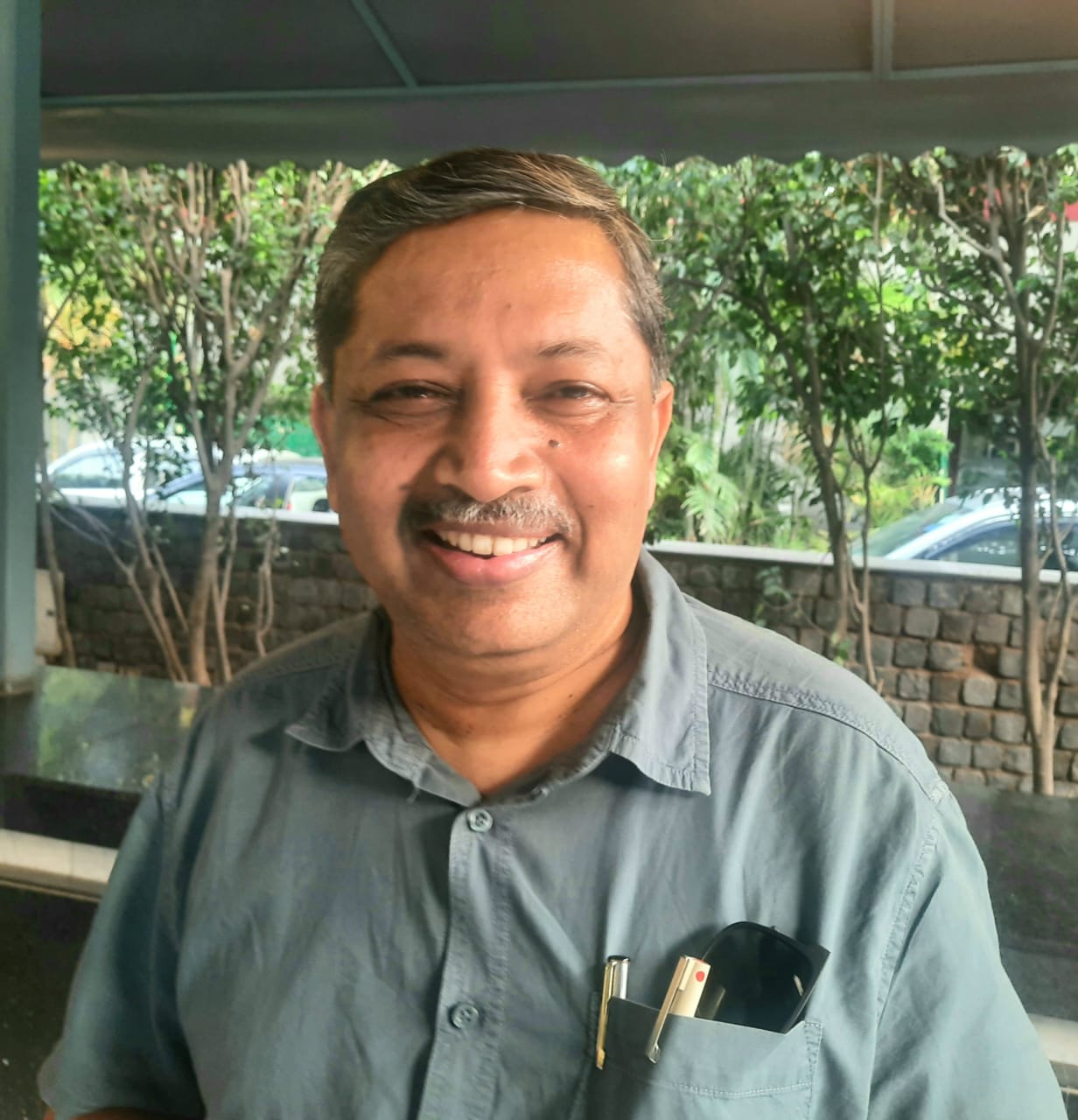The Indian Public Service Employees’ Federation (IPSEF) stands as a leading national body representing public service employees across India’s central, state, and local governments. Based in Delhi, IPSEF actively champions the rights, welfare, and professional interests of its members. It addresses critical issues including fair service conditions, job security, and just compensation.
With a firm commitment to improving governance, the federation engages in collective bargaining, policy advocacy, and grievance redressal. It serves as a vital platform for dialogue and reform, working to build a more responsive, accountable, and citizen-focused public administration.
Moreover, IPSEF places strong emphasis on professional development and the upholding of ethical standards in public service. By uniting public servants under a common cause, the federation strengthens solidarity and drives collective progress. Its efforts consistently aim to enhance both the efficiency and integrity of service delivery, reinforcing the backbone of national development.
During an exclusive interaction with The Interview World at the Seminar on Right Pension for Government Employees—hosted by IPSEF—Prem Chand, General Secretary of the federation, voiced serious concerns about the Unified Pension Scheme (UPS). He outlined strategic responses to the scheme, reflected on the government’s stance regarding employee welfare, and underscored the pivotal role of trade unions in challenging injustice and advancing the labour movement.
Here are the key insights from this compelling conversation.
Q: There has been considerable debate surrounding the new Unified Pension Scheme (UPS) and its impact on employees. How do you view this scheme, and what are your thoughts on the concerns being raised?
A: There is no confusion among the employees—only clarity and conviction. They have unequivocally rejected both the New Pension Scheme (NPS) and the Unified Pension Scheme (UPS). Their demand is clear: the restoration of the Old Pension Scheme.
This is not a passing protest; it is a sustained struggle. Employees across the nation have resolved to continue their fight with unwavering determination. They will persist—tirelessly and united—until the old pension system is reinstated. They will not relent. They will not rest. Not until justice is restored and rightful pensions are paid.
Q: What strategy or course of action do you intend to pursue in response to the Unified Pension Scheme (UPS)?
A: Our strategy—both within institutions and in the broader public sphere—must begin with leadership. Today’s indoor discussion is not just a seminar; it is a leadership-building exercise. We must cultivate clarity, because true leadership begins with understanding.
When people grasp the core issues, they can confidently respond to any challenge. That’s precisely why we organized this seminar at the Delhi level. But this is just the beginning. We will replicate this initiative across institutions nationwide.
Our message is already resonating across India. And in the days ahead, we will intensify our focus on two critical issues: the restoration of the Old Pension Scheme and the dismantling of the exploitative contract system. The contract system, in its current form, is nothing short of lawlessness.
Even the Ministry of Labour has failed to uphold the Contract Labour (Regulation and Abolition) Act. These violations persist—whether by the President’s office, the Prime Minister’s office, or other government bodies. The law is being ignored at the highest levels.
In response, we are preparing a massive national rally in Delhi this November. It will centre on these two urgent demands. The All India Committee will soon formally endorse this action. Once approved, we will mobilize with full force—because this fight is not optional, it is imperative.
Q: How do you assess the government’s role in ensuring employees’ welfare, and what is your overall perspective on its approach and policies in this regard?
A: The government today appears singularly focused on the welfare of corporate giants—Tata, Birla, Ambani, and Adani. Its priority is clear: maximize their profits. In contrast, the wellbeing of ordinary citizens seems to hold little weight. Whether the public lives or dies, whether they have access to basic necessities or not, hardly matters to those in power.
Instead of fortifying the public healthcare system, successive governments continue to announce fragmented schemes—Ayushman Bharat, Mohalla Clinics, and others. But why not invest in a robust, universal health infrastructure? One that guarantees treatment to every citizen, both preventive and curative, regardless of their economic status.
Healthcare should be a right, not a privilege. Yet, the current approach pushes people toward costly private hospitals. Those who can pay survive; those who can’t, perish. And within private healthcare, the situation is often worse—deeply unethical practices flourish. If doctors discover a patient has ₹10 lakh, they create a ₹10 lakh disease—even for something as benign as a stomach ache.
This profit-driven model extends beyond healthcare. Education is no different. The same exploitation is happening there too. That’s why the Indian Public Service Employees’ Federation (IPSEF) continues to agitate around its 24-point charter of demands. These aren’t just employee issues—they reflect the needs of the nation.
We’re demanding universal access to education—from kindergarten to postgraduate level—and a health system that treats everyone, before and after illness. These are not individual demands. They are collective calls for justice and dignity. If implemented, they will propel the country toward true development.
Our movement is not an act of defiance—it is an act of patriotism. We are fighting to build a stronger, more equitable India. If the government claims we’re failing in our duties, it must first look in the mirror. It is not we who are failing. It is the government that has failed—failed to serve, failed to lead, failed to protect.
And when political leaders use black money to contest elections, what moral ground do they have to speak of integrity? If the system is dark, those within it can’t pretend to be shining examples of virtue.
Q: Trade union unity is often considered vital for the success of any labour movement or struggle. How do you view the role of such unity in achieving meaningful outcomes?
A: The Indian Public Service Employees’ Federation operates within the government sector, which comprises three distinct areas: the public service sector, the public sector, and the private sector. Our organization specifically represents public service employees, and we are committed to forging unity among all their leaders.
Moreover, we are actively devising strategies to identify and remove any leader who betrays the cause.
We understand that true unity demands unwavering commitment. As the saying goes, to integrate any leader into the movement, you must hold them accountable—allow no room for compromise or betrayal. Should a leader falter, they will face immediate removal.
This disciplined approach will soon strengthen our solidarity and propel our movement forward with renewed vigour.








